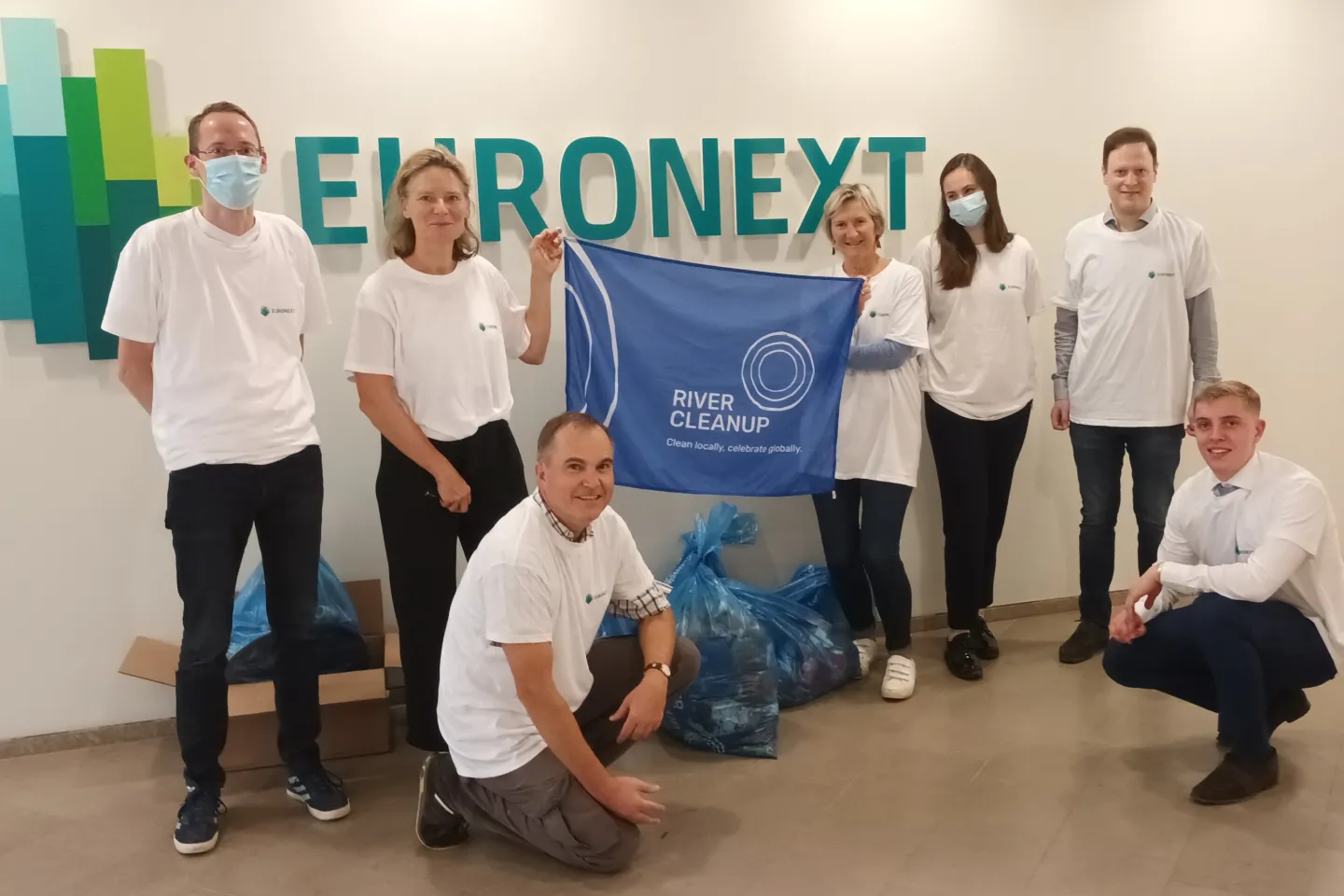Euronext is committed to continue supporting the Blue Economy, raising visibility, contributing to the sustainability agenda, helping listed companies on their ESG journeys and fostering dialogue with investors and other stakeholders.
In recent years, Environmental, Social, and Governance (ESG) topics have taken a central place globally, and particularly in Europe. With the European Green Deal, which sets out the aim for Europe to be the first climate-neutral continent, the European Union is leading the way in the transition to a greener and fairer economy. Achieving this transition to a sustainable growth model is one of the challenges of our time.
According to the European Green Deal, a sustainable ‘blue economy’ will have to play a central role in alleviating the multiple demands on the EU's land resources and tackling climate change. The role of oceans in mitigating and adapting to climate change is increasingly recognised.
Euronext focus on Blue Economy
As a leading market infrastructure, Euronext has taken a strong commitment to contribute to the sustainable agenda in the countries in which it operates. Since all Euronext countries (Belgium, Denmark, France, Ireland, Italy, the Netherlands, Norway and Portugal) are adjacent to the ocean and have rich long-standing fishing, shipping and seafaring traditions, Euronext has chosen to focus particularly on the Blue Economy.
There is increasing evidence that losses in the oceans’ natural capital resulting from unsustainable economic activity are eroding the resource base on which growth depends. Euronext’s goal is therefore to be a leader in advancing the Blue Economy in order to mitigate this development, address the threats to the oceans, and contribute to enhanced ocean and coastal resilience.
Since 2019, Euronext has included the Sustainable Development Goal (SDG) 14 “Life below water” in its ESG strategy. This commitment has translated into several initiatives and actions to fuel the Blue Economy.
Euronext was the first exchange to sign the nine UNGC Sustainable Ocean Principles, taking a lead in advancing the role of the markets in the Blue Economy, which the World Bank describes as “the sustainable use of ocean resources for economic growth, improved livelihoods, and jobs while preserving the health of ocean ecosystem”.
As a signatory to the Sustainable Ocean Principles, Euronext has partnered with the UN Global Compact to develop “Practical Guidance to issue a Blue Bond”.
In recent years, Euronext has been developing financial products related to water, such as Water indices, and Blue ETFs.
Volunteering and Financial Literacy connected with the Blue Economy
In 2021, Euronext launched the Blue Challenge, an entrepreneurship education programme organised in partnership with JA Europe. Through this collaboration, Euronext aims to boost financial literacy and encourage young entrepreneurs across Europe to learn key business skills while gaining an understanding of how to utilise ocean resources sustainably.
Every year, Euronext volunteers across the world also engage in waterfront clean-up initiatives over the course of a week, in celebration of International Coastal Clean-Up Day and the European Sustainable Development Week.

According to the United Nations, the Blue Economy “includes all sectors and activities that together determine whether the use of oceanic and water resources is sustainable”.
The ocean is key to our economy, with an estimated 40 million people being employed by ocean-based industries by 2030. Euronext is committed to continue supporting the Blue Economy, raising visibility, contributing to the sustainability agenda, helping listed companies on their ESG journeys and fostering dialogue with investors and other stakeholders.
Our Fit for 1.5º commitment
As Euronext pursues its ESG strategy, namely our Fit for 1.5°” climate commitment, we will continue to prioritise projects relating to environmental, social and corporate governance issues, and we will continue to leverage our ESG performance to help issuers take action on their environmental impact, promoting sustainability. This will be achieved by further developing services and products that help investors and issuers meet the goals outlined in their own ESG strategies.







